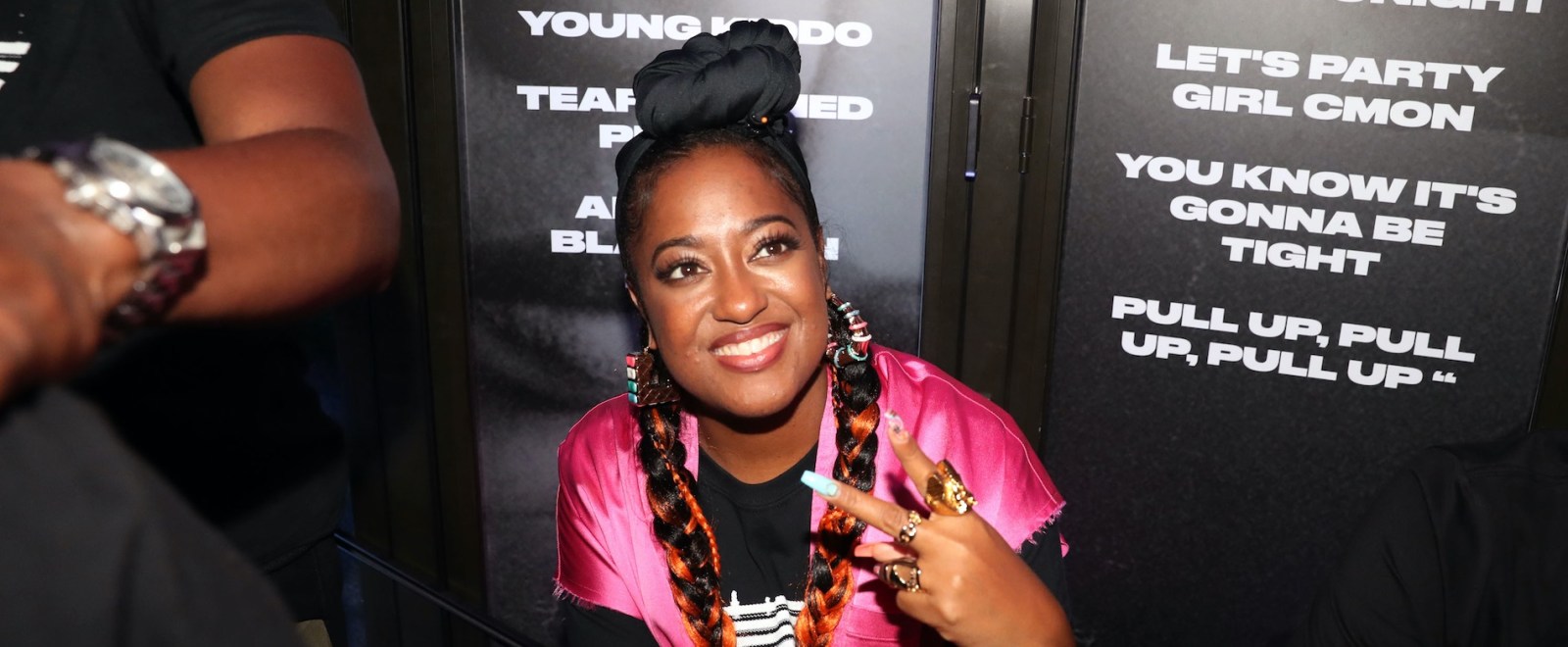
Music is primarily a form of entertainment, but there’s a lot that can be learned from it, even in an academic setting. That is apparently extra true of Rapsody’s 2019 album Eve, which is set to be the subject of an upcoming college course.
Rapsody shared the news and wrote, “One of the highest honors is to create art for the culture and have it taught in our educational institutions!”
Tyler Bunzey, a doctoral student at UNC’s English department, made the announcement of his UNC-Chapel Hill course on Facebook, writing, “I’m incredibly pleased to announce that I will be teaching at course at UNC this fall on Rapsody’s magnificent album ‘EVE.’ We will be examining the album track by track with readings and media to accompany each record.” He also describes the class, “In this course, we will explore the critical womanist stance of Rapsody’s 2019 release EVE, which features 16 songs titled with names of famous Black women throughout history. This course reads Rhapsody’s album as emerging from a greater tradition of womanist discourse dating back to the 19th century, and the purpose of this course is to explore that history. Additionally students will look at hip-hop historical development to engage with albums from femme-identified hip-hoppers throughout the genre’s history.”
On a similar note, Dr. Simone Drake, a associate professor of African American and African studies at Ohio State University, also wrote an academic paper about Eve and Toni Morrison’s work. The paper is summarized, “Dr. Simone Drake’s paper, ‘Toni Morrison’s Houses of Woman and Rapsody’s Eve,’ will mine Morrison’s literary oeuvre to theorize ‘houses of women’ as physical spaces in which Black women disrupt, interrupt, and erupt into societies who conceive of Black women in ways that are both limited and limiting. Drake will trace this trope into work of Hip Hop artist Rapsody and her album Eve (2019). Read together, Drake sees Black women’s cultural production as nothing short of a way to image spaces that, by centering Black women, offers lessons on what society can gain by locating Black women at the center of cultural discourse.”
Revisit our review of Eve here.
